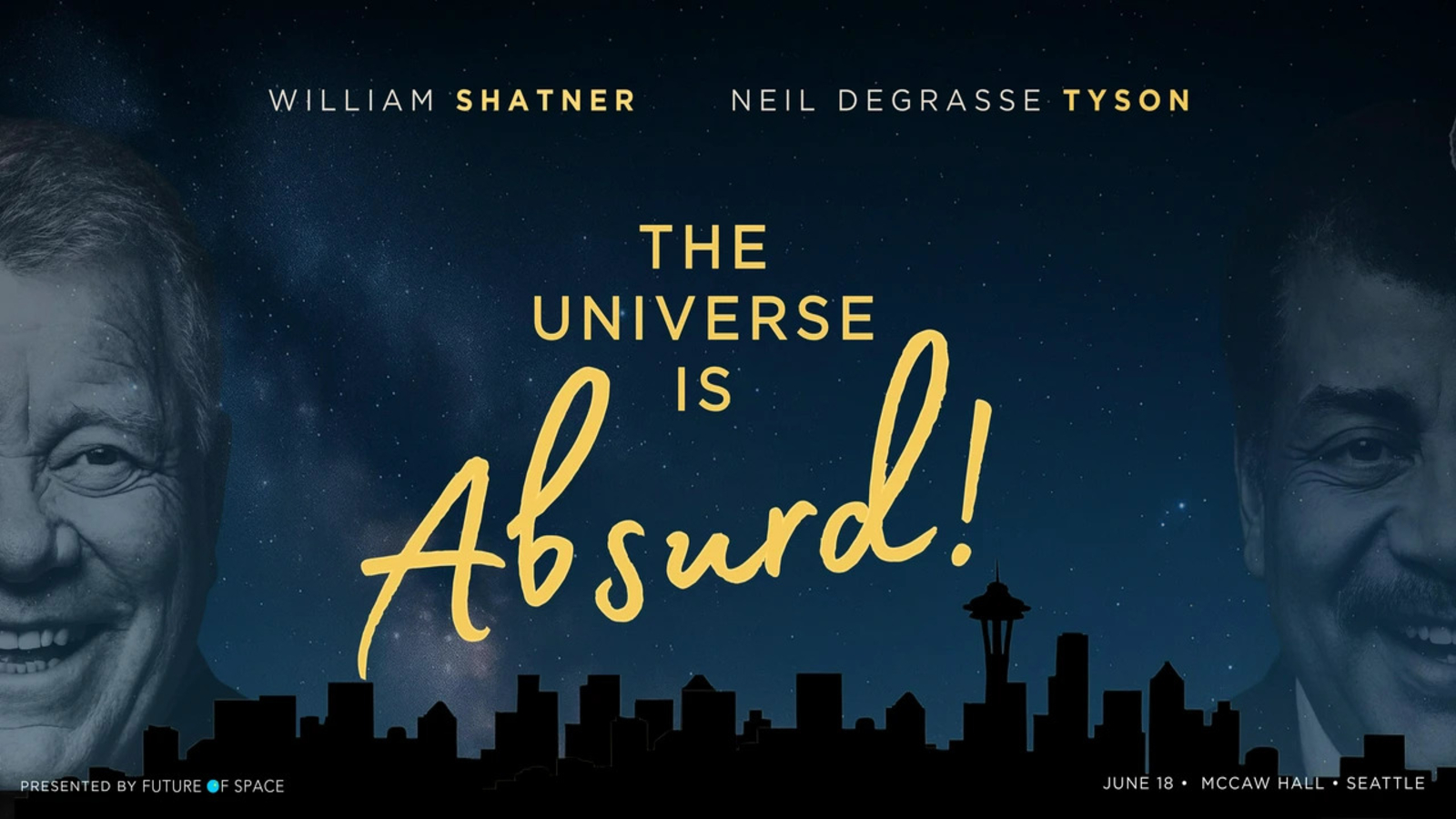'Space lettuce' could help astronauts avoid bone loss

Space lettuce could help astronauts maintain good bone health on long trips, a new study suggests.
Research has shown that astronauts can lose about 1% of the mass of some bones per month spent in space. In addition to the impact of microgravity on bones, being in space might impact genes that affect bone health, according to NASA’s famous Twins Study. Astronauts do special exercises to help mitigate these effects.
In a new study, researchers from University of California, Davis (UC Davis) created an experimental strain of lettuce that produces a medication that contains a fragment of human parathyroid hormone (PTH) peptide. PTH is naturally produced by the parathyroid gland and helps stimulate bone growth, among other functions.
The researchers think that this new strain of "space lettuce" could help astronauts to maintain their bone density while they are in space. This new study was presented at the spring meeting of the American Chemical Society.
Related: Astronauts are growing chile peppers in space in spicy first
Administering PTH to treat bone loss might not work that well for longer trips, like a mission to Mars, the researchers suggest. Medication containing PTH, which is usually used in people who have low levels of the hormone in their body to increase the amount of calcium in their blood, is usually given through injections. But requiring these injections wouldn't be an ideal long term solution for long-duration missions to far-off destinations like Mars.
However, astronauts could get PTH by growing and eating this lettuce. Astronauts aboard the International Space Station (ISS) have already grown two types of regular lettuce as well as other produce, such as a type of mustard, radishes, and chile peppers through the station's Veggie and Advanced Plant Habitat experiments.
Get the Space.com Newsletter
Breaking space news, the latest updates on rocket launches, skywatching events and more!
"Astronauts can carry transgenic seeds, which are very tiny — you can have a few thousand seeds in a vial about the size of your thumb — and grow them just like regular lettuce," study author Somen Nandi, a chemical engineer at UC Davis, said in a statement. The lettuce is transgenic because it contains genes from another organism — genes that code for human PTH.
To develop a strain of lettuce that contains PTH, the researcher team infected the lettuce plants with the bacteria known as Agrobacterium tumefaciens, which transferred the genes needed for the plant to produce PTH They also transferred genes to the plant that allowed it to produce the tail end of a human antibody, the disease-fighting protein in the immune system. This piece of the antibody, called the fragment crystallizable (Fc) domain, was used because the researchers thought it would make the hormone more stable and easier for the body to process.
The researchers found that the lettuce they produced contained 10-12 milligrams of PTH-Fc per kilogram of fresh lettuce. To get enough PTH from this lettuce to maintain their bone density, astronauts would have to eat around eight cups of it per day, which is a "pretty big salad," as first study author and UC Davis graduate student Kevin Yates put it in a press release.
Related: Abundant harvest in Antarctic greenhouse shows promise for moon agriculture
There might be a way to increase the amount of hormone in the plants, according to the researchers, so that astronauts wouldn’t have to eat as much of the lettuce, said the researchers. They are currently exploring which of the lines of lettuce plants they produced had the highest amount of PTH-Fc. The team will also foreseeably need to conduct a lot of additional testing on the lettuce before astronauts could grow and eat it in space, the statement notes. For instance, by conducting tests on animal models and running human clinical trials to test how effectively the lettuce can treat bone loss.
As part of this study, the researchers did not taste the lettuce because it has not yet been tested for safety. Additionally, the team would need to have astronauts grow it aboard the ISS to see if the lettuce plants contained the same amount of PTH-Fc when grown in space as on Earth, according to the same statement.
This lettuce could have valuable impacts beyond outer space, said the researchers. They suggest that the lettuce could eventually be used by people on Earth who do not get adequate nutrition and are at risk of developing osteoporosis, which puts people at an increased risk of breaking bones.
Additionally, the team said in a statement that the same method could be used with other medications, providing an effective and efficient way for astronauts to maintain their health in the resource-limited environment of a space station or spacecraft.
"I would be very surprised that if, by the time we send astronauts to Mars, plants aren’t being used to produce pharmaceuticals and other beneficial compounds," Yates added in the same statement.
Follow us on Twitter @Spacedotcom and on Facebook.
Join our Space Forums to keep talking space on the latest missions, night sky and more! And if you have a news tip, correction or comment, let us know at: community@space.com.

Rebecca Sohn is a freelance science writer. She writes about a variety of science, health and environmental topics, and is particularly interested in how science impacts people's lives. She has been an intern at CalMatters and STAT, as well as a science fellow at Mashable. Rebecca, a native of the Boston area, studied English literature and minored in music at Skidmore College in Upstate New York and later studied science journalism at New York University.
